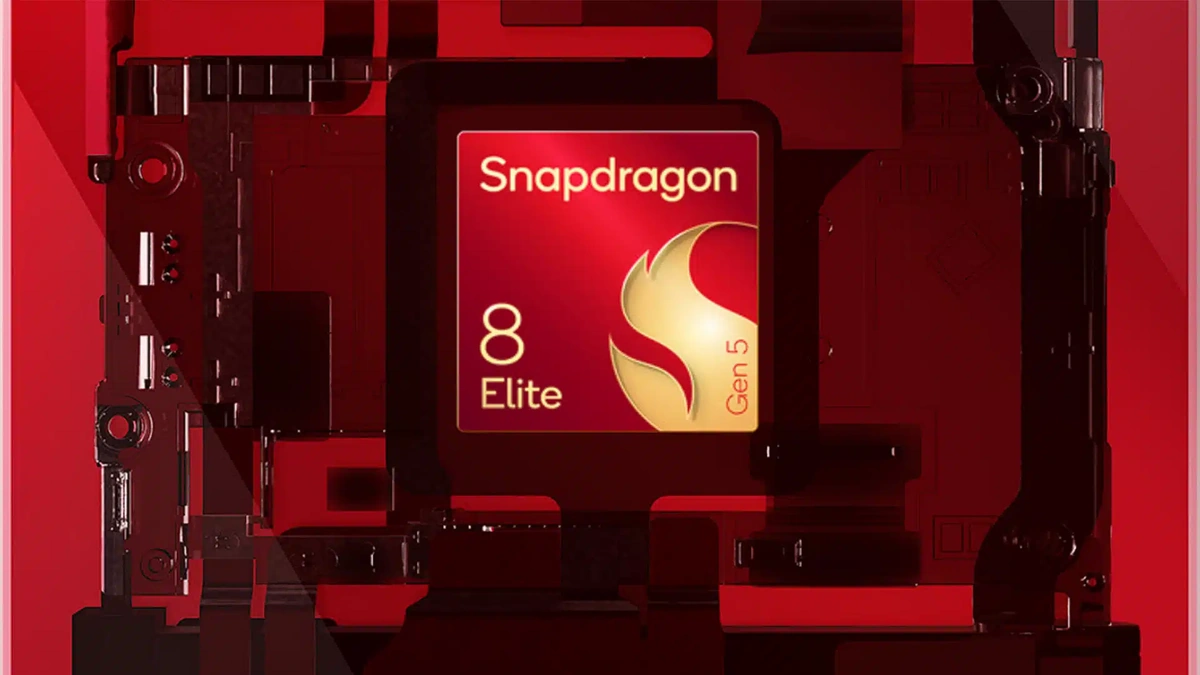So, Samsung’s taking a long, hard look at Qualcomm’s latest chip, the Snapdragon 8 Elite Gen 5 . But here’s the thing – it’s not just the usual “ooh, shiny new tech” situation. This is about why Samsung is even considering this move, what it means for their Exynos chips, and ultimately, what it means for you, the person holding the phone. It’s about more than just specs; it’s about strategy.
The 2nm Advantage | What’s the Big Deal?

Let’s be honest, most of us glaze over when we hear about nanometers. But, hear me out. This isn’t just marketing fluff. The 2nm technology behind the Snapdragon 8 Elite Gen 5 promises smaller, faster, and more power-efficient transistors. Which is a fancy way of saying your phone could be significantly faster, have better battery life, and run cooler. What fascinates me is how far we’ve come – shrinking things down to this scale is engineering wizardry! This is huge for everything from gaming to AI processing on your device. This also gives the Snapdragon 8 Elite Gen 5 a considerable edge when competing in the mobile processor market .
But, why is this so important to Samsung? Well, their Exynos chips, while often capable, haven’t always matched the Snapdragon in terms of raw performance and efficiency. A common complaint I see online is that Exynos variants sometimes lag behind their Snapdragon counterparts in certain regions. This is something that Samsung is clearly aware of.
Exynos’ Crossroads | A Shift in Strategy?
Here’s where it gets interesting. Is Samsung considering using the Snapdragon 8 Elite Gen 5 to replace Exynos in some of their flagship phones? Or is this more about diversification and competition? My initial thought was that they want to ditch Exynos but it’s far more nuanced than that.
See, Samsung probably wants to hedge its bets. The global chip market is a volatile place. Political tensions, supply chain disruptions – you name it. Relying solely on in-house chips might not be the safest strategy. By potentially adopting the Snapdragon, they gain flexibility and can adjust to market dynamics more effectively.
And, frankly, a little internal competition can be a good thing. Knowing that Samsung might opt for a Snapdragon chip could push their Exynos team to innovate faster and harder. It’s like a friendly rivalry – except the stakes are the future of mobile technology.
The User Perspective | What Does This Mean for You?
Okay, enough about Samsung’s boardroom drama. What does all of this actually mean for the person buying a Galaxy phone? The most obvious answer is potentially better performance and battery life, especially if Samsung decides to use the Snapdragon 8 Elite Gen 5 in more regions.
But there’s more to it than just raw power. A more efficient chip could also lead to better thermal management, meaning less throttling during intense gaming sessions. It could also improve the overall user experience, with faster app loading times and smoother multitasking.Basically, your phone would feel snappier and more responsive.
However, there’s a caveat. Samsung has a history of customizing their software and hardware. Even if they use a Snapdragon chip, they might tweak it to their liking. This could lead to differences in performance compared to other phones using the same chip. It’s something to keep in mind. Another thing to consider is the impact on pricing. Will adopting a potentially more expensive chip from Qualcomm lead to higher prices for Samsung’s flagship phones? Only time will tell.
Beyond Performance | The AI and Future Implications
The Snapdragon 8 Elite Gen 5 isn’t just about raw processing power; it’s also about AI. The chip’s advanced AI engine can handle complex tasks like image recognition, natural language processing, and even real-time translation. What fascinates me is the potential for AI to transform how we use our phones. Imagine a phone that can proactively anticipate your needs, filter out spam calls, and even suggest personalized content based on your preferences.
And, of course, there’s the future to consider. As we move towards more immersive experiences like augmented reality (AR) and virtual reality (VR), powerful and efficient chips like the Snapdragon 8 Elite Gen 5 will become even more critical. These technologies demand a lot of processing power, and only the most advanced chips will be able to handle them seamlessly.
Let me rephrase that for clarity: Qualcomm is setting the stage for the next generation of mobile computing. Samsung considering their chip is a strong indicator of that direction. The landscape of mobile gaming technology is rapidly evolving.
Final Thoughts | A Glimpse into the Future
Samsung’s interest in Qualcomm’s Snapdragon 8 Elite Gen 5 is more than just a headline; it’s a glimpse into the future of mobile technology. It’s about performance, efficiency, and the potential for AI to transform our devices. This is also about Samsung’s ongoing strategy for future Exynos development and mobile device innovation.
So, as you eagerly await the next generation of Samsung phones, remember that the chip inside is more than just a collection of transistors. It’s the brain that powers your digital life. Keep an eye on this space. Thecompetition is heating up, and that’s always good news for us, the users.
FAQ
Will the Snapdragon 8 Elite Gen 5 definitely be in the next Samsung phone?
Not necessarily. Samsung is evaluating it, but it’s not a done deal. Keep an eye on official announcements closer to the launch of new devices.
What if I prefer Exynos chips?
That’s perfectly valid! Some users prefer Exynos for various reasons. Samsung might continue to offer Exynos variants in certain regions.
Will this affect the price of Samsung phones?
Possibly. It depends on the cost of the Snapdragon chip and Samsung’s overall pricing strategy.
Where can I find more information about the Snapdragon 8 Elite Gen 5?
Check out Qualcomm’s official website for detailed specs and features. You can also find in-depth reviews on tech websites and YouTube channels.




